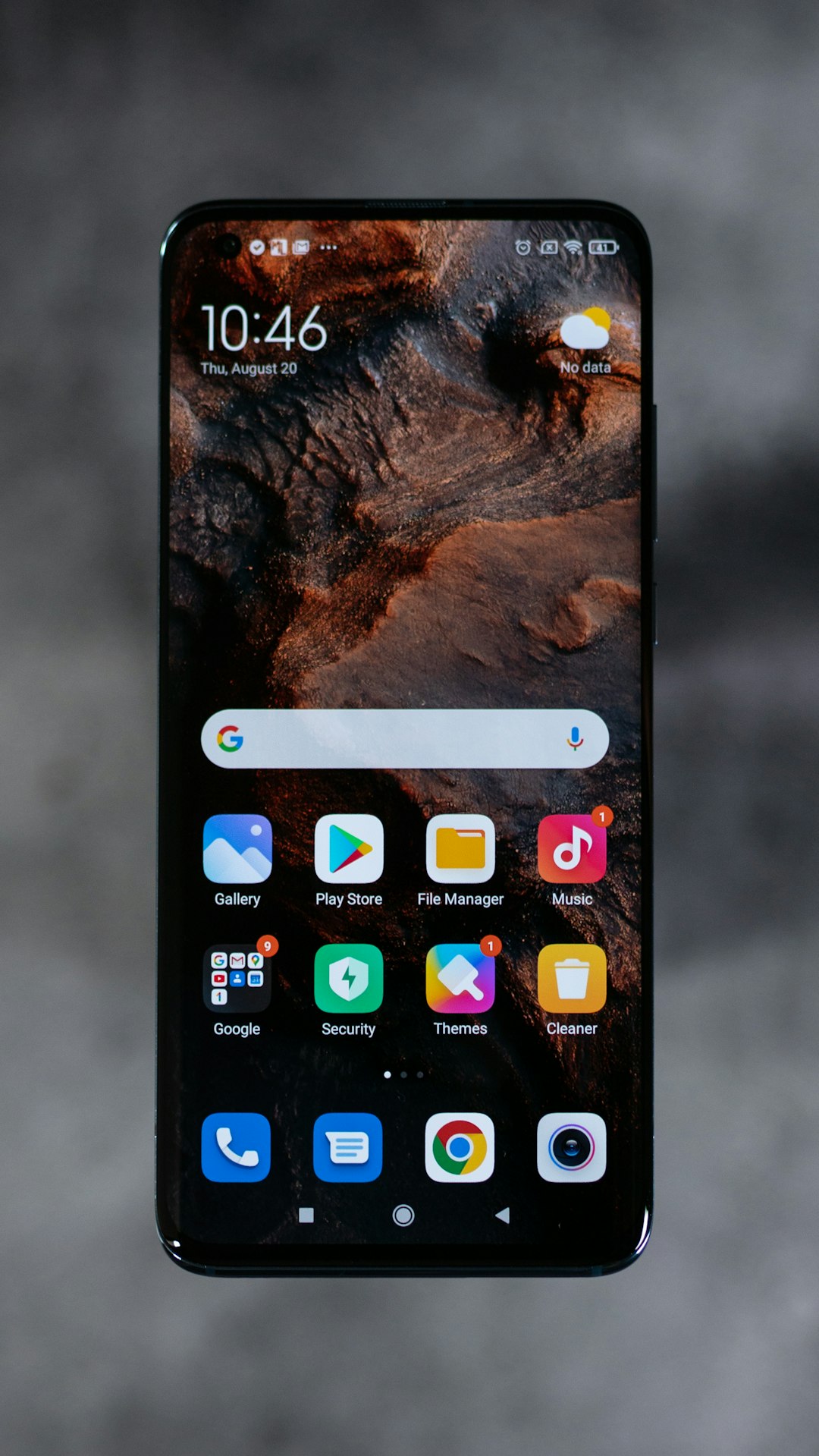In competitive Iowa, autodialers empower law firms to enhance communication strategies through automated phone calls for efficient outreach and marketing. However, navigating legal implications is crucial, especially regarding the Telemarketing and Consumer Fraud Prevention Act (TCFA). Businesses must understand consent acquisition, do-not-call lists, and privacy rules to avoid fines and maintain positive consumer relations. Consulting with specialized autodialer law firms ensures compliance while revolutionizing client outreach and case management through best practices like explicit consent, respect for lists, personalized calls, seamless integration, training, monitoring, and professional communication.
In the digital age, Iowa businesses are increasingly turning to autodialers for effective communication. This comprehensive guide explores the different types of autodialers and their applications, with a specific focus on law firms in Iowa. Understanding the intricacies of the autodialer law is crucial for businesses aiming to stay compliant while leveraging this technology. We’ll delve into best practices tailored for law firms, ensuring efficient and legal use of autodialers in the Hawkeye State.
Understanding Autodialers: The Basics for Iowa Businesses

In the competitive business landscape of Iowa, effective communication is key to success. One powerful tool that many law firms and businesses are leveraging is an autodialer—a technology designed to automate phone calls, allowing for efficient outreach and marketing strategies. At its core, an autodialer randomly generates and dials telephone numbers from a contact list, providing a structured way to reach out to potential clients or customers.
While the use of autodialers offers numerous benefits, such as increased call volume and improved time management, it’s crucial for Iowa businesses to navigate the associated legal considerations. The Telemarketing and Consumer Fraud Prevention Act (TCFA) governs autodialer usage, outlining rules regarding consent, do-not-call lists, and consumer privacy. Law firms utilizing autodialers must ensure compliance with these regulations to maintain ethical practices and avoid potential legal repercussions.
Legal Considerations: Navigating the Autodialer Law in Iowa

In Iowa, the use of autodialers, or automatic telephone dialing systems (ATDS), is regulated by the state’s Telemarketing Act and federal laws like the Telephone Consumer Protection Act (TCPA). These regulations are designed to protect consumers from unsolicited phone calls and ensure fair business practices. Before implementing an autodialer system, businesses in Iowa should consult with experienced legal professionals specializing in telemarketing laws. Such law firms can guide companies on compliance issues, including proper consent acquisition, do-not-call list adherence, and the avoidance of prerecorded messages under certain circumstances.
Navigating the complex web of regulations is crucial to avoid substantial fines and lawsuits. For instance, businesses must obtain explicit written consent from recipients before using an autodialer for marketing purposes. Furthermore, understanding when and how to use prerecorded messages is essential; these are generally allowed but have restrictions, such as requiring a previous business relationship with the recipient. Iowa law firms specializing in autodialer laws can provide tailored advice, ensuring businesses stay within legal limits and maintain positive consumer interactions.
Best Practices: Implementing Autodialers Effectively for Law Firms in Iowa

Implementing an autodialer for law firms in Iowa can significantly enhance client outreach and case management, but best practices must be followed to ensure compliance with state laws and effective communication. Start by obtaining explicit consent from clients, adhering to Do-Not-Call lists, and personalizing each call to avoid automated messages that may trigger customer frustration or regulatory action.
Integrate the autodialer with existing legal software for seamless case updates and contact management. Train staff on proper usage, emphasizing the importance of clear communication and professional tone during calls. Regularly monitor call logs and client feedback to refine strategies, ensuring high-quality interactions that respect privacy while maximizing engagement.






